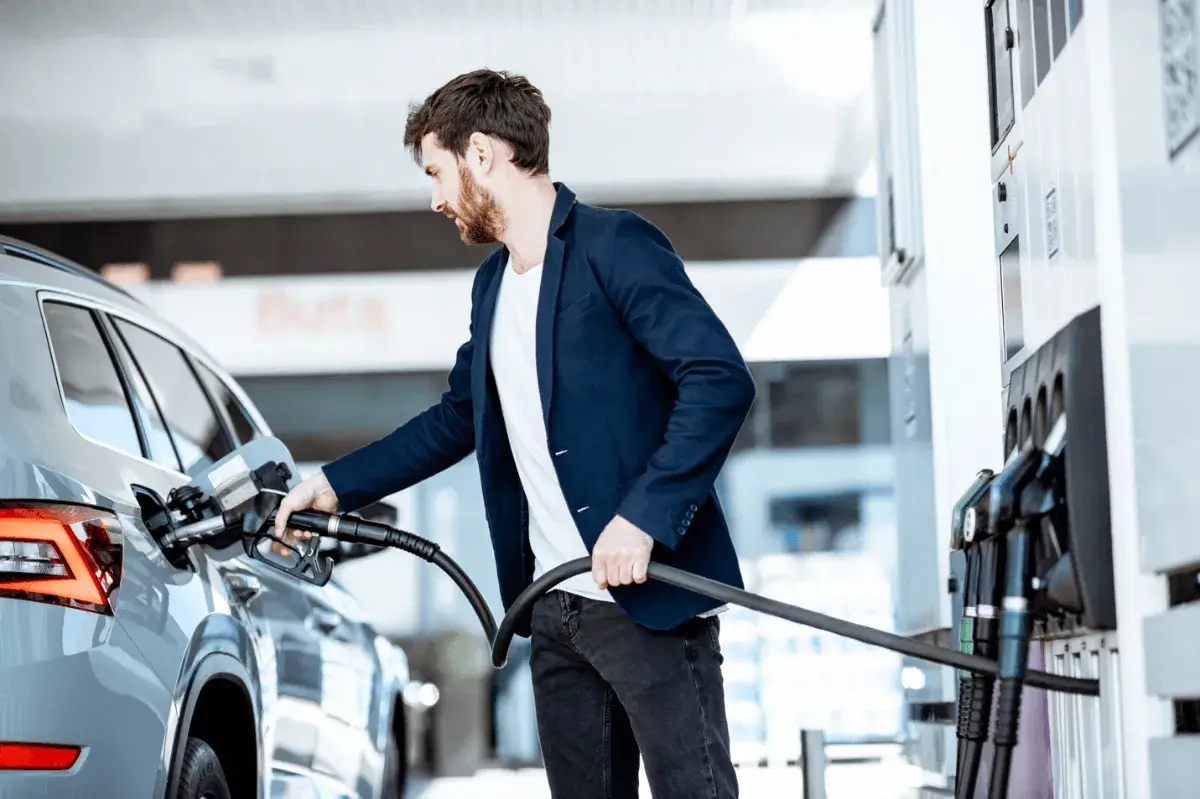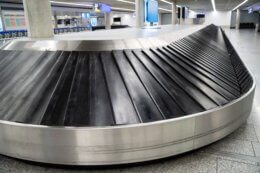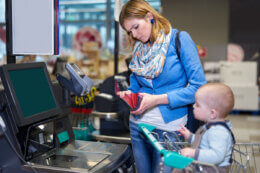
While motorists in South East Queensland are being slapped with fuel prices as high as $2.31 a litre right now, recent research from Compare the Market has revealed that 59% of Queenslanders have already changed their driving habits due to the rising cost of petrol.
The latest data from Compare the Market found that 40.5% of Queenslanders are driving less due to the increased cost of fuel – which is slightly above the national average of 39.7%.*
The average retail price for Unleaded 91 was around $1.73 a litre at the start of 2024 but was hovering around the $2.08 a litre this week – a 20.23% increase. Compare the Market’s Chris Ford said it wasn’t surprising that so many Queenslanders were driving less.
“While fuel prices fluctuate in regular cycles across South East Queensland, there’s no doubt that the latest highs will be a kick in the guts to motorists amid the cost of living crisis,” Mr Ford said. “The city-wide average has also been creeping up each day since the start of the cycle. For context, the average was just $1.89 a week ago, meaning the average driver would be forking out $9.50 more to fill up a 50-litre tank right now based on these averages alone.
“Of course, we know that there’s currently a 53-cent difference between the cheapest location in Brisbane and the most expensive, which is a whopping $26.50 if filling up a 50-litre tank. It’s a pretty big whack to the hip pocket and if past fuel cycles are anything to go by, these highs could stick around for several weeks.”
Compare the Market’s data also found that due to rising fuel costs:
- 5% of Queensland drivers said they were taking fewer day drips and holidays
- 5% of Queensland drivers said they were working from home more
- 3% of Queensland drivers said they were considering a switch to electric vehicles
- 2% of Queensland drivers said they were switching to other modes of transport
- 1% of Queensland drivers said they were considering a switch to a smaller or more fuel-efficient vehicle
“Surprisingly, just 0.5% of Queensland motorists said they would consider carpooling amid rising fuel prices,” Mr Ford said. “If you’re able to split petrol costs with someone else and get to the same destination, it doesn’t make sense that so many drivers would be opposed to this as a way of cutting costs.”
Meanwhile, Compare the Market’s Economic Director, David Koch, explained the impact rising fuel prices were having on the household budget.
“With petrol prices rising dramatically in the last few months, it’s understandable that at some point something’s just got to give,” Mr Koch said. “And in this case, it’s people’s driving habits that are on the chopping block.
“While maybe a few months ago it was still viable for people to maybe go out a bit further to shop at local markets to get their produce at a cheaper price, the climbing price of petrol may no longer justify an extra 30 minutes or so in the car, forcing people to pay higher prices at closer stores.
“But people shouldn’t take this hit lying down. There are ways that people can still save on petrol that sometimes fade into the background, like shopping around for fuel through one of the many fuel apps out there.
“People may get into a rhythm of going to their local servo that’s on their way home or to work, but by shopping around at nearby stations that may be out from the main roads, could result in up to 40 cents cheaper fuel.”
Mr Ford’s tips to reduce the weekly cost of fuel:
- Compare prices at fuel stations. There are many apps out there that offer a birds-eye view of current prices at fuel station prices, which could dig up savings of 40 cents per litre in savings. You may be paying for convenience by stopping at a petrol station on the main road, so it’s always worth a quick look to see if there are better deals in the same area.
- If possible, use public transport. While it’s understandable that many people cannot shift their morning commute to a train or even a bus, there may be people out there who could see savings by switching to this method, especially if you live near a major city where public transport infrastructure is well developed.
- Have your car maintained. Despite the costs you think you may be saving by skimping out on your annual service, your fuel efficiency may decrease due to your unmaintained car. Also, if you lug around unused items in the vehicle, consider removing them, as the added weight can also reduce your fuel efficiency by needing more fuel to get the same car to your destination.
*Survey of 1,004 Australians, conducted September 2023.
For more information, please contact:
Phillip Portman | 0437 384 471 | [email protected]
Compare the Market is a comparison service that takes the hard work out of shopping around. We make it Simples for Australians to quickly and easily compare and buy insurance, energy, and home loans products from a range of providers. Our easy-to-use comparison tool helps you look for a range of products that may suit your needs and benefit your back pocket.








